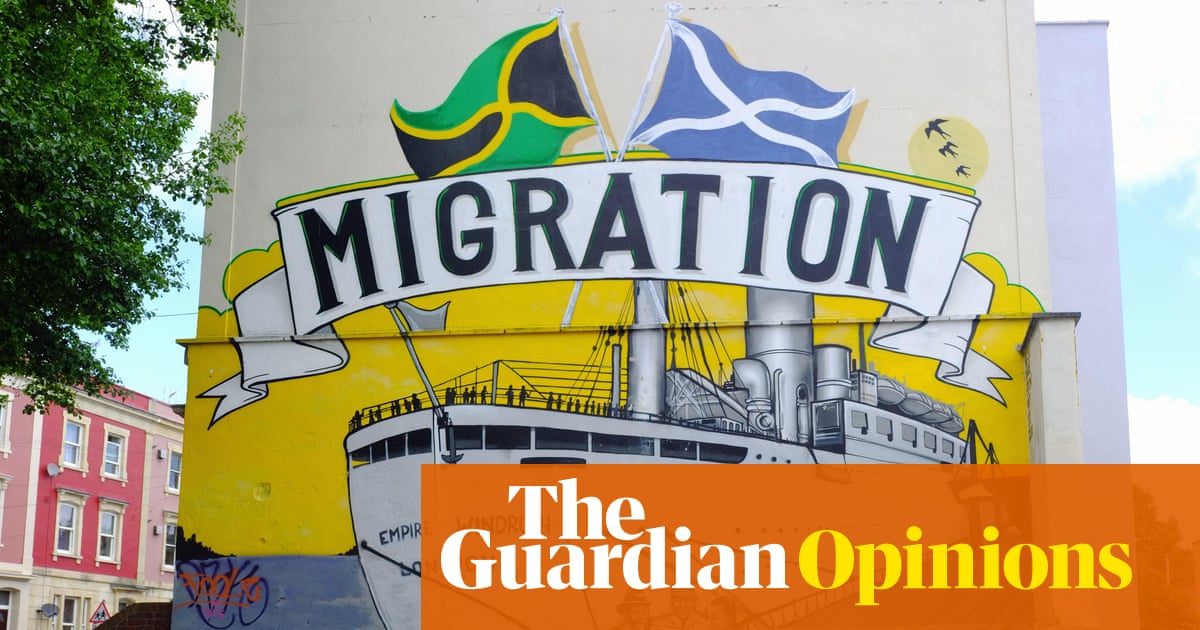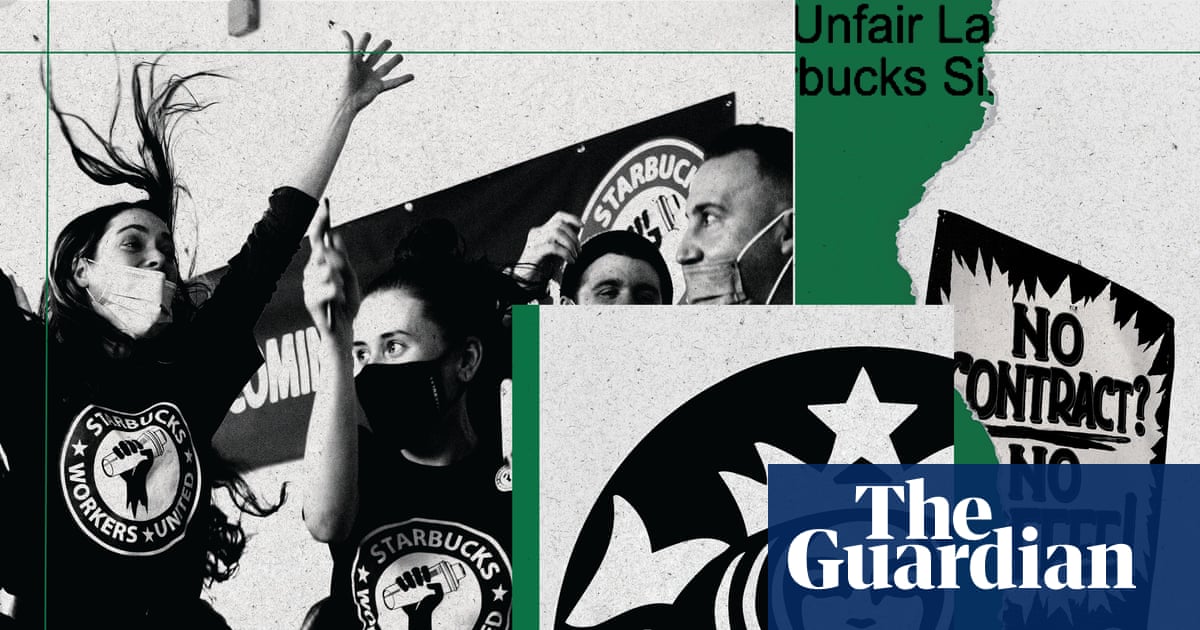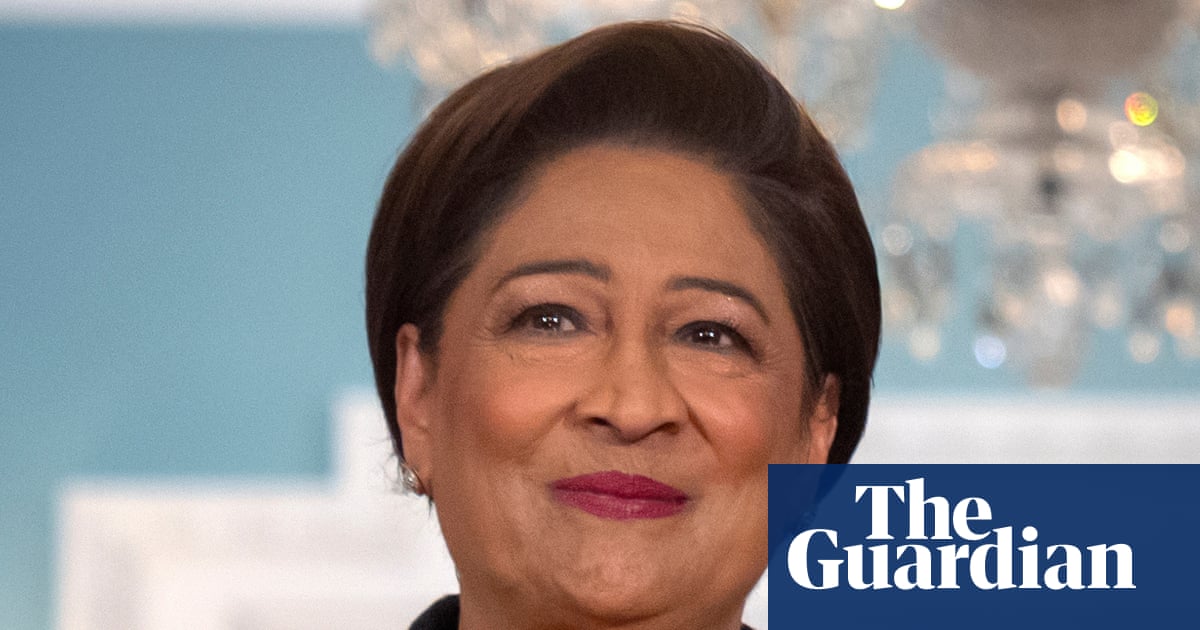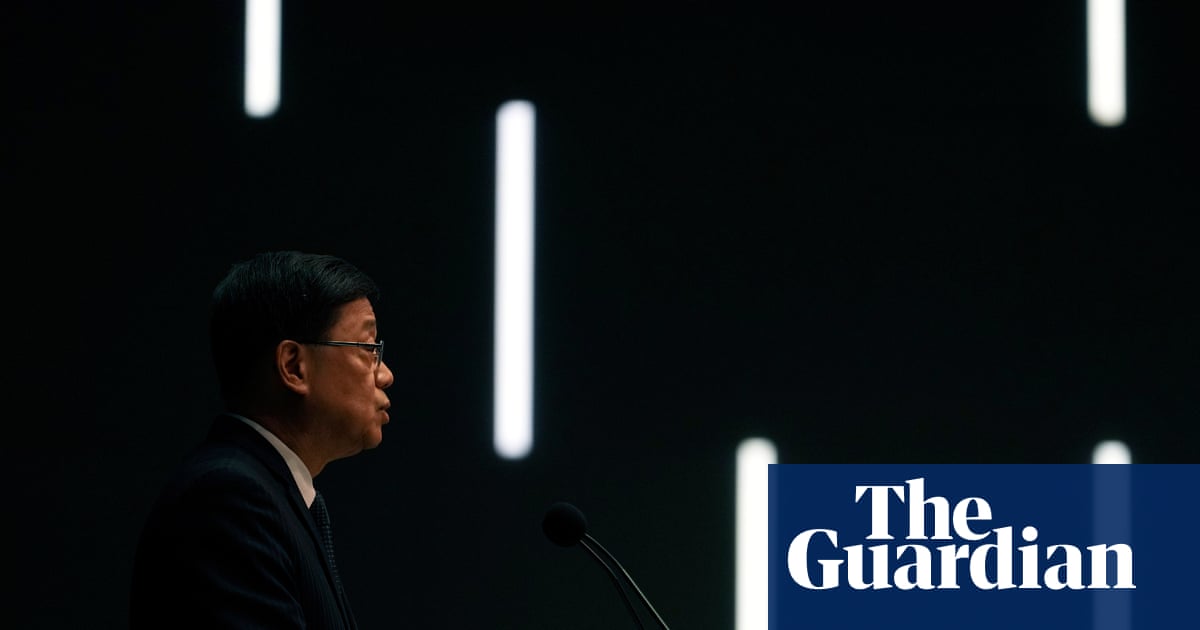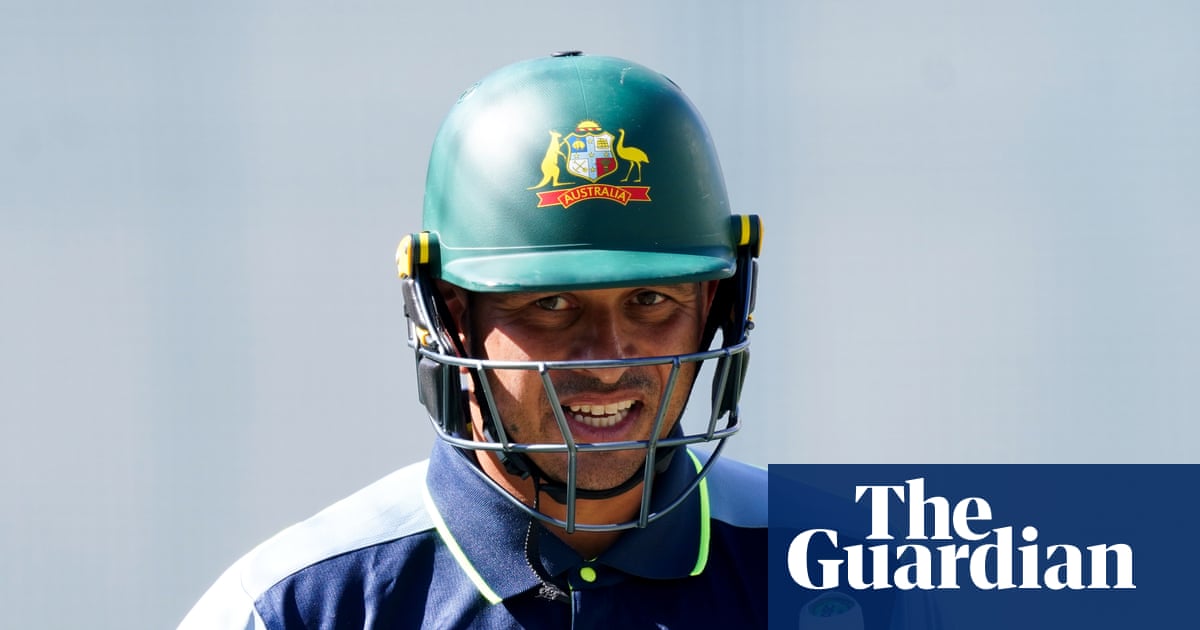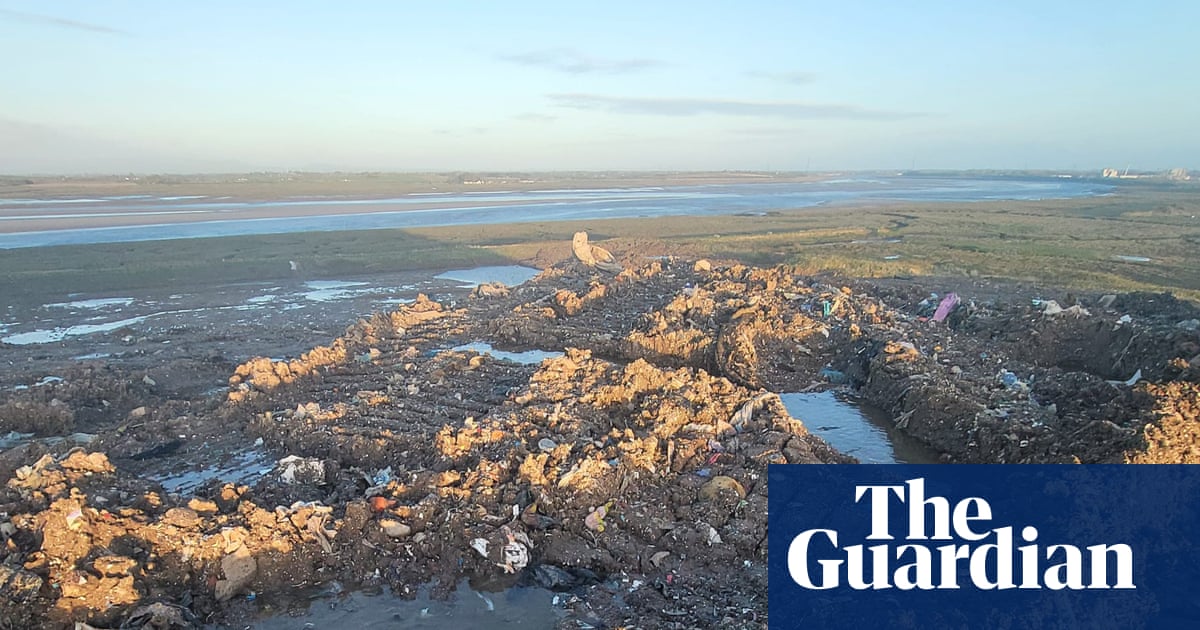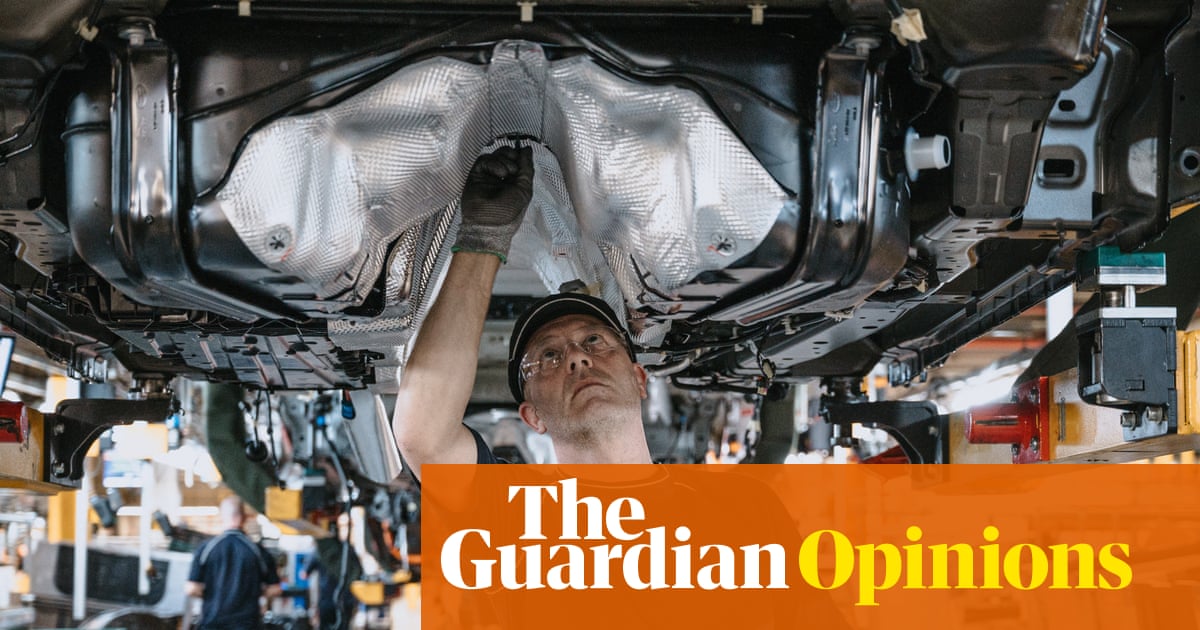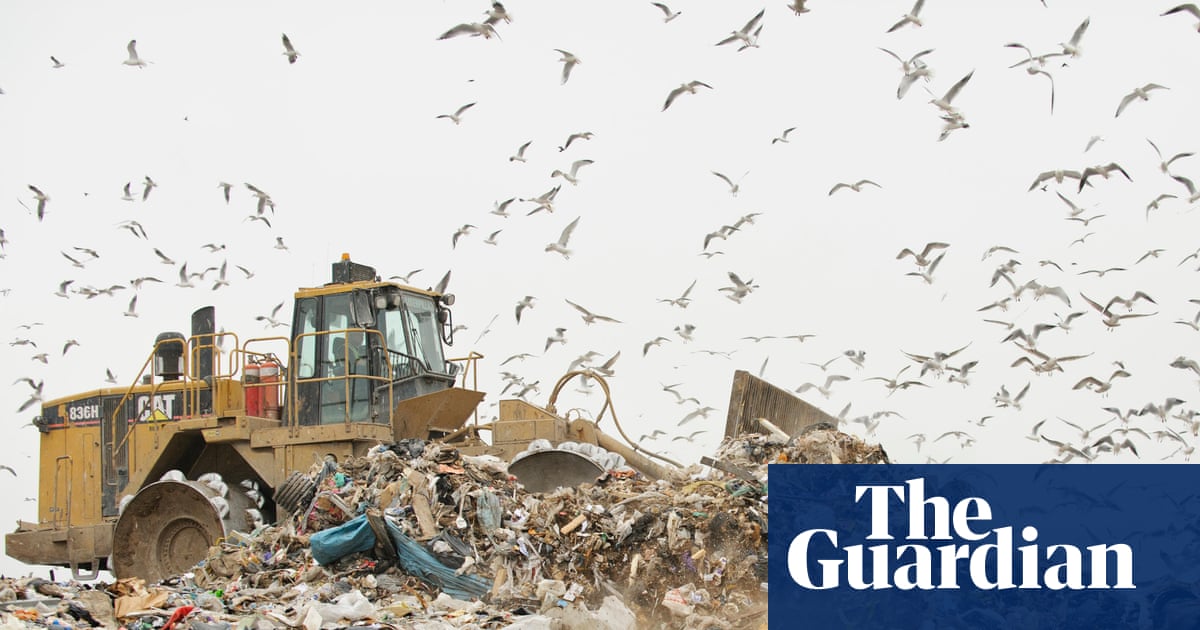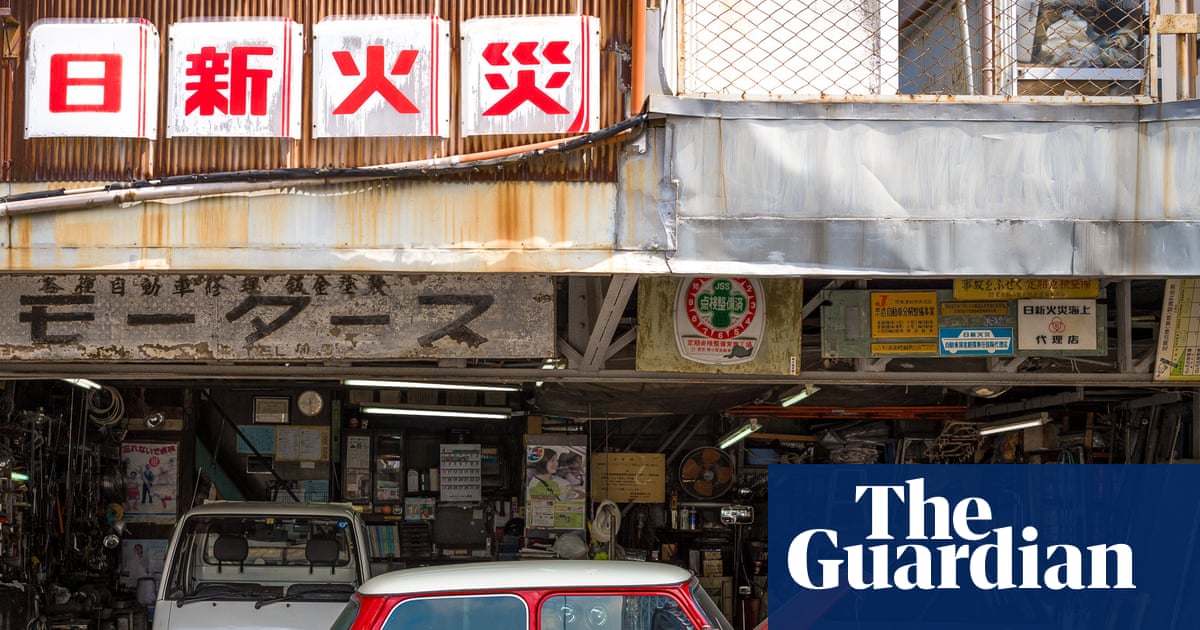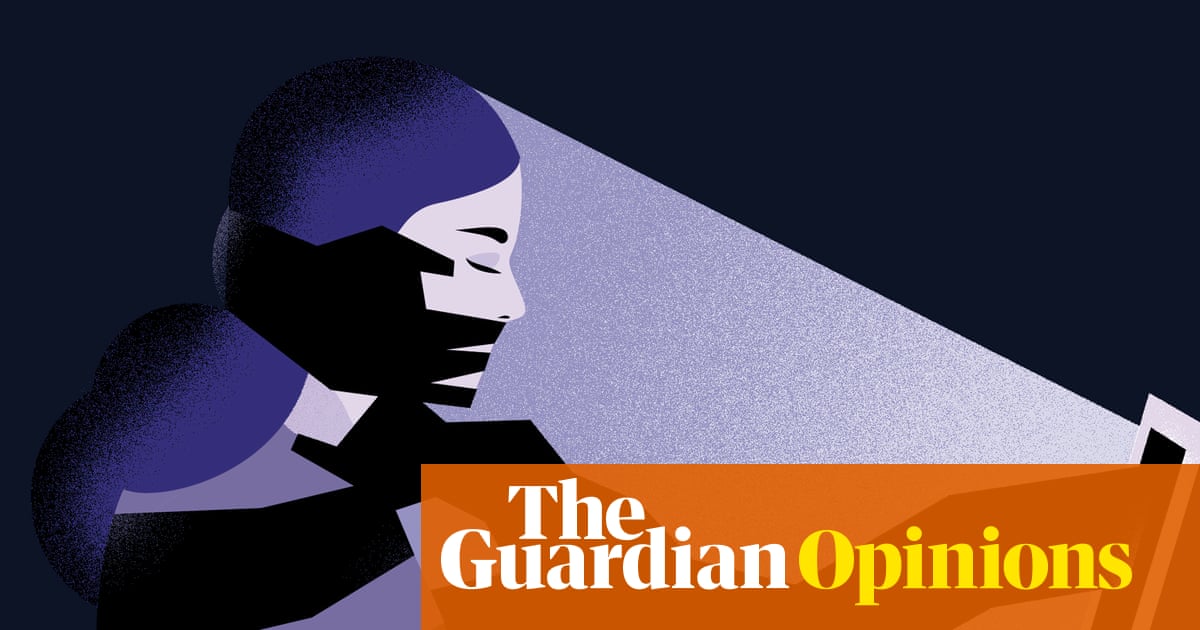The murder of three young Argentinian women whose torture by suspected drug traffickers was livestreamed on a private Instagram group has sent shock waves through a country unused to such extreme levels of narco violence.
Brenda del Castillo, 20, Morena Verdi, 20, and Lara Gutiérrez, 15, went missing on Friday, after they were lured to a house in the outskirts of Buenos Aires by a promise that they would be paid US $300 for taking part in a “sex party”.
Instead, authorities say, they were seized and tortured by the traffickers, who streamed the abuse to 45 people via a closed Instagram group, before killing them and burying them in plastic bags outside the house.
Investigators believe the drug traffickers planned the murders as punishment and revenge, after one of the women stole a package of cocaine from one of the dealers, the alleged leader of a criminal group in a marginalized neighbourhood known as Villa 1-11-14.
“They were trying to send a message: this is what happens to those who steal drugs from me,” Javier Alonso, security minister of the province of Buenos Aires, said at a press conference.
So far, authorities have arrested two men and two women. Two of the detainees had allegedly been hired by the criminal group to clean up in the aftermath of the killings.
News of the horrific crime prompted relatives of the women and feminist and human rights groups to organize protests across the country, demanding justice.
“They took her away from me and I want them to pay for what they did,” the mother of Brenda del Castillo told reporters. “I want everybody to pay.”
The crime has shocked a country that is not used to the level of narco violence more common in other Latin American countries such as Mexico, Colombia and Ecuador.
“When narcos use this level of cruelty – not attacking each other or the police but targeting vulnerable victims – it means that something is changing and that criminal leaders are trying to show off their power, which is very worrying,“ said Germán de los Santos, an investigative journalist who covers organized crime.
Activists and church workers in Buenos Aires’s poor neighbourhoods have been warning of the expansion of crime organizations in vulnerable areas across the Argentinian capital.
They say these groups take advantage of rising poverty as well as cuts in public services under the far-right president, Javier Milei, to recruit young people who are struggling to make ends meet.
“We are seeing that large areas have been left at the mercy of small- and large-scale drug mafias, which infiltrated and ended up dominating the lives and consciousness of our people, especially children and young people, instilling a true culture of delinquency and criminality,” the Catholic diocese of San Justo, where the women lived, said in a press release.
It said that “when the state becomes absent” it allows a “culture of destruction and death to grow and advance unchecked”.
Activists at a soup kitchen not far from where the women were killed said they had noticed an expansion of drug-trafficking groups in the area.
They said that because of cuts to public funding, they have been struggling to provide young local people with a safe space away from local drug gangs.
“Without any resources, it’s very difficult to compete with what the narcos are offering,” said one activist, who asked for anonymity over concerns for their safety.

 2 months ago
32
2 months ago
32
